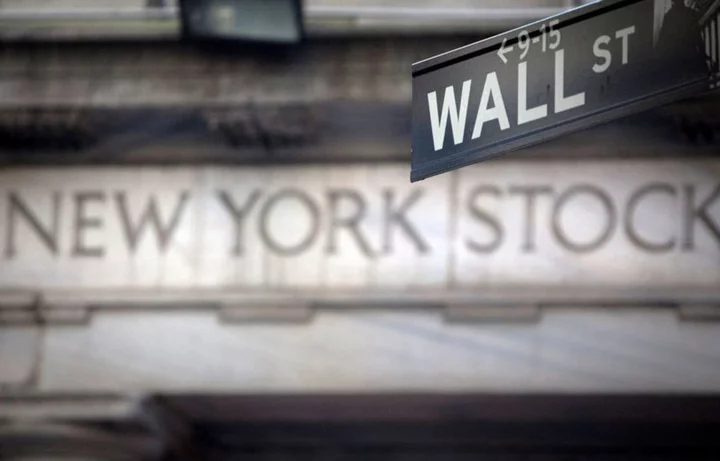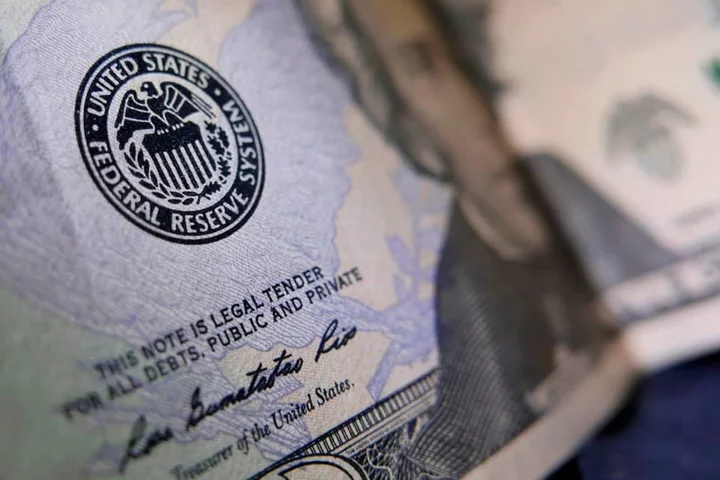As net zero pledges proliferate, they’re often directly undermined by the lobbying activities of the companies making them, according to a fresh study.
InfluenceMap, a London-based nonprofit, found that 58% of the companies it analyzed advocate on climate policy in a way that’s at odds with their stated net zero goals, according to a report published Thursday. The research, which looked at almost 300 companies in the Forbes 2000, said the findings point to the prevalence of “net zero greenwash.”
“Often people think about companies’ operational commitments and performance, but their impact on climate policy is arguably one of the most important areas where they can have an influence on the climate agenda,” said William Aitchison, a director at InfluenceMap.
Last year, a United Nations expert group report on corporate greenwashing identified lobbying as a key obstacle hampering efforts to reduce CO2 emissions. InfluenceMap’s analysis, which used the UN study as a benchmark, “should be a wake-up call for businesses across the globe,” said Catherine McKenna, UN expert group chair and former Canadian environment minister.
“Not only are many companies choosing to undermine their own climate commitments by lobbying against climate action, their net zero commitments are simply not credible,” she said.
The companies identified in the study include Glencore Plc, ExxonMobil Corp. and Chevron Corp., which InfluenceMap said were at “most significant risk” of making misleading net zero claims due to their engagement on climate policy.
A spokesperson for Glencore declined to comment, and referred instead to the company’s public disclosures on lobbying. On its website, Glencore states that it only engages in “the political process for legitimate business objectives and in compliance with applicable laws.” The company said it also has measured its activity against past assessments by InfluenceMap, but decided that the exercise didn’t warrant any change in its approach to lobbying.
Spokespeople for Exxon and Chevron haven’t yet responded to requests for comment.
Exxon’s “direct lobbying activities are aligned with limiting average global warming to below 2C, and include strong support for policies that will incentivize emissions reductions,” according to the company’s website. Chevron’s “political activities are designed to support” its “ambition to deliver affordable, reliable and ever-cleaner energy,” its website shows.
The researchers at InfluenceMap analyzed how companies approach climate policy, either by seeking to influence policymakers or publishing position papers, as well as through industry associations. They identified a “major rift” between corporate climate pledges and climate-policy influence.
“While companies appear very happy to make these long-term commitments, their policy influencing activities often contradict them,” Aitchison said.
InfluenceMap said a company is considered to be at risk of “net zero greenwash due to its policy engagement if it has announced a net zero — or similar — target but isn’t sufficiently supportive of policy to deliver the Paris Agreement.”









